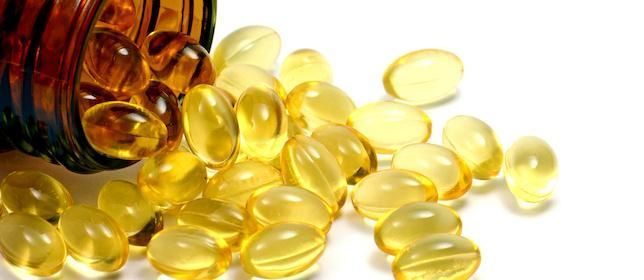Before I explain here, bear in mind a lot of these definitions of biological terms are notoriously woolly. A "vitamin" means a particular form of key dietary nutrient important to metabolic activity (and that are not otherwise classified as something else). A "hormone" is a chemical messenger molecule for endocrine signalling, i.e. it requires long-distance transport around the body (blood) from its point of release to reach its target of effect. The two, therefore, are not mutually incompatible.You might want to check the name vitamin D to find out what it is...
The point is that if you say vitamin D is also a hormone, the answer is really "So what?" It's a truism, lacking any clear point to be worth mentioning. Being a hormone doesn't intrinsically make it any more or less important than if it were a enzyme cofactor, substrate, etc.




